Dr. Erika Tatiana Camacho is the inaugural holder of the Manuel P. and María Antonietta Berriozábal Endowed Chair and Professor with joint appointments in the departments of Mathematics and Neuroscience, Developmental and Regenerative Biology (NDRB).
Camacho was a Fulbright Research Scholar at the Institut de la Vision (IDV) - Institut national de la santé et de la recherche médicale (Inserm) and Sorbonne Université in Paris 2022-2023 and a faculty at Arizona State University 2007-2023. Camacho had three impressive years (from 2019-2022) of work at the National Science Foundation (NSF) as Program Director co-Lead of the Hispanic-Serving Institutions (HSI) Program and Program Director of the ADVANCE and the Racial Equity in STEM Education Programs where she contributed significantly to impactful initiatives dedicated to equity across the agency. As the co-Lead of the HSI Program, Camacho revamped and expanded the NSF HSI Program to create robust funding mechanisms, including multiple tracks and Hubs and Centers, that speak to and reflect the heterogeneous HSI landscape. Camacho has a long and successful career in and outside of academia as a mathematical biologist, researcher, educator, mentor and advocate for equity in science, technology, engineering and mathematics (STEM).
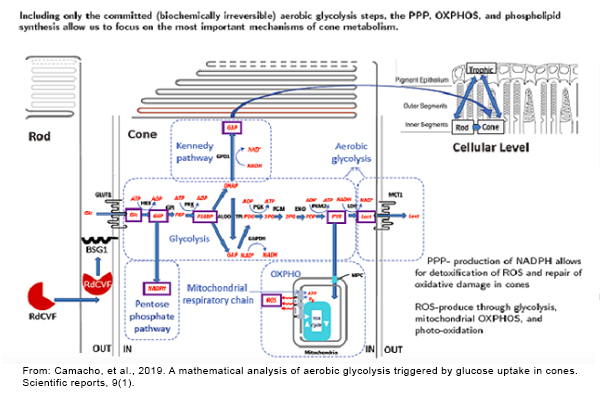
Summary of Research
My research includes using mathematical modeling to understand physiological processes, in particular mathematical ophthalmology. My work is expanding from dynamic mathematical and computational multi-scale models to include experimental work that complements current retina degeneration research, in particular retinitis pigmentosa (RP) and age-related macular degeneration (AMD). This research will help identify pathways and mechanisms within the photoreceptors and retinal pigmented epithelium (RPE) that can help prevent or slow down their degeneration, including those involved in metabolic adaptation, redox balance restoration, and protective stress responses in diseased and aging retinas, and generating data to develop and complement dynamic mathematical models.
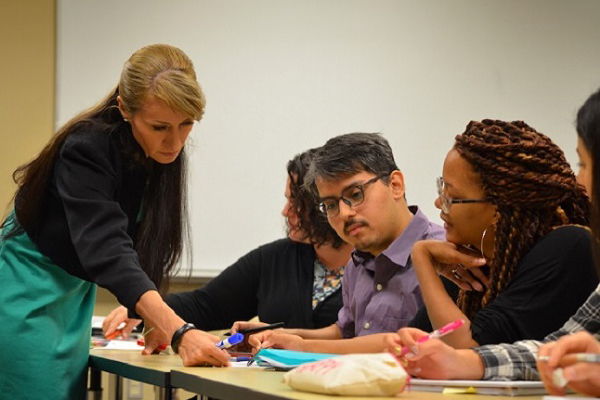
Summary of Mentoring
My mentoring has two main components: mentoring through research and mentoring through my experiences. In the former, I work with the students on problems that are important to them and/or their communities and that are accessible to them yet that stretch and push the limits of what they know. In mentoring through my experiences, I am able to empathize with many challenges facing low-income or/ and first-generation students based on my own background and circumstances. One of my earliest mentors was Jaime Escalante who taught me at Garfield High School. I try to teach Escalante's motto to my students: with ganas anything is possible.
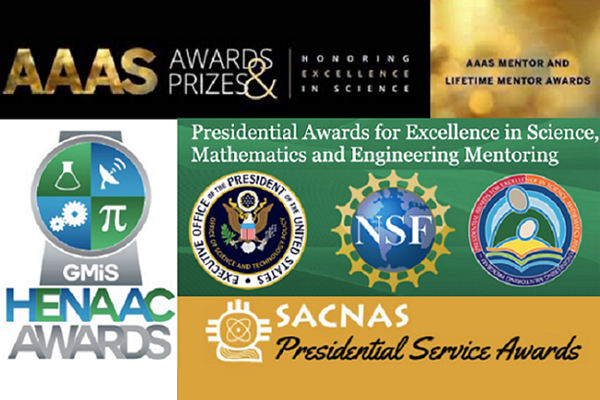
Summary of Awards & Recognition
I would like to thank the hundreds of students and mentees that I have had over the years and who have allowed me to be part of their journey. Through my mentoring and work, it has been a true pleasure to get to know them, affect their lives, and see them rise to become great scientists. In the process of mentoring I have transformed the lives of many of them but they all have also greatly transformed my life as I have learned so much from them.
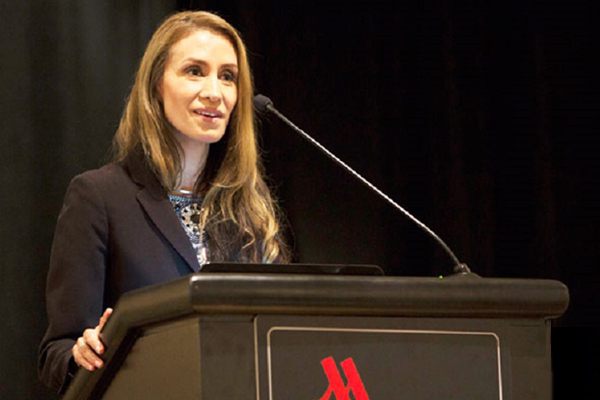
Summary of Public Engagement
Disseminating research is key to the advancement of science. Sharing one's experiences so that others may learn or gain insight is important to raising awareness and helping promote equity. I have given many keynote, plenary, and invited talks across the nation and around the world on my research and also my experiences.
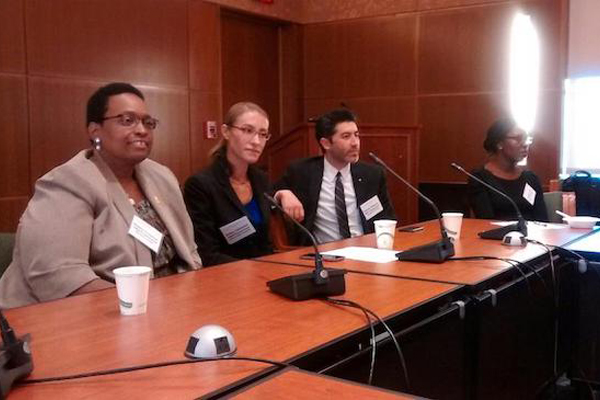
Summary of Service
I try to undertake service that will bring about a more equitable society. Building the scientific capacity to advance science requires developing the human capital and workforce to carry the scientific enterprise as much as the intellectual aspect of it. Many times we forget that we need to develop the scientists to move forward theories and instead we focus only on the science innovation part. But we forget that we need a substantial number of scientists ready to undertake complex problems. Most importantly, we need to have all the different perspectives and experiences, including cultural and socioeconomic, on the table to be able to tackle a complex problem from every angle and arrive at an optimal solution.
I completed my Ph.D. in Applied Mathematics in May 2003 at the Center for Applied Mathematics at Cornell University under the direction of Richard Rand. I attended Wellesley College for my undergraduate and received bachelor degrees in Economics and Mathematics.
I owe a very special thanks to the Mellon Foundation, the Ford Foundation, and the Sloan Foundation for their tremendous financial and professional support throughout my undergraduate and graduate education.
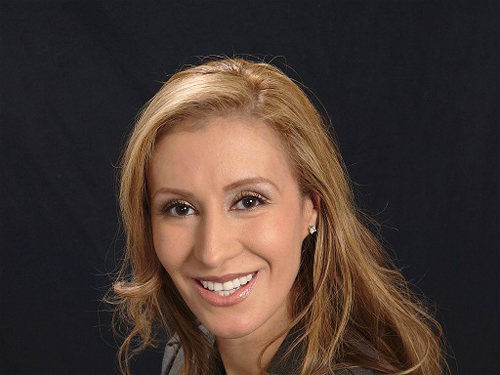
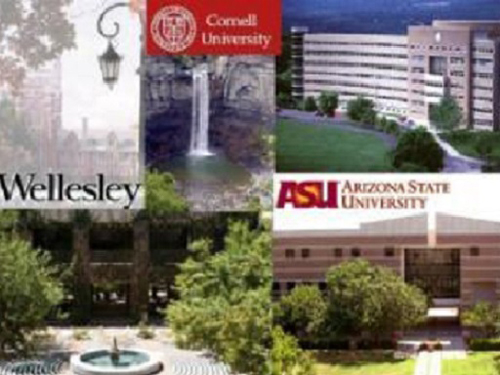
Applied Mathematical Sciences Summer Institute (AMSSI)
Immediately after my postdoctoral research position, I had the pleasure of co-founding and co-directing a summer research program for undergraduates with Dr. Stephen Wirkus. This program was funded by the National Science Foundation (NSF) and the National Security Agency (NSA). In was run in two distinct universities with the help of amazing faculty. Most of our students continued on to graduate school and obtained M.S. and/or Ph.D.
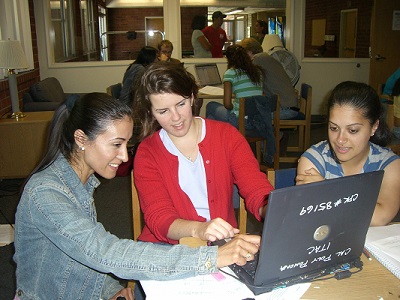
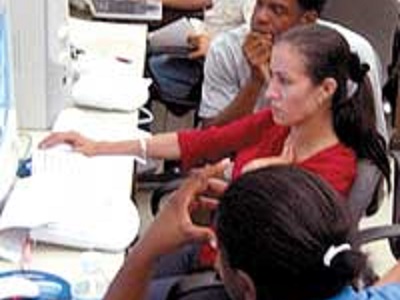
Social Media
Stay connected with Professor Camacho!









